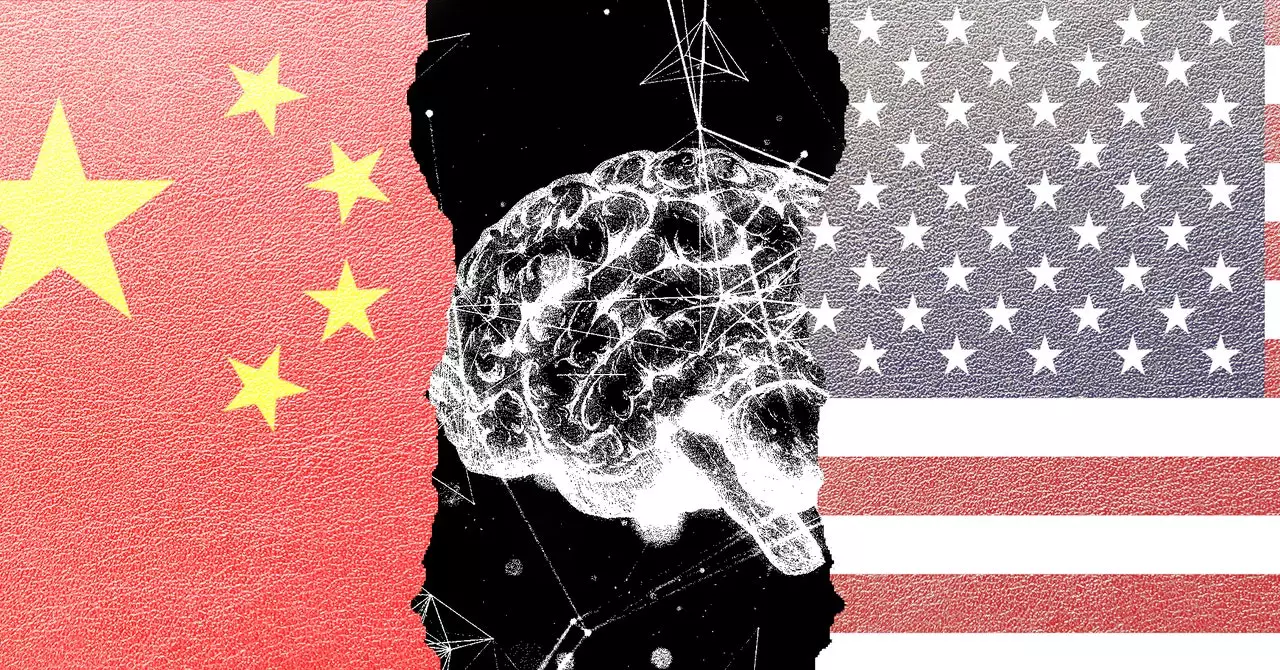As the technological race heats up between the United States and China, U.S. investors are facing unprecedented scrutiny regarding their investments in Chinese artificial intelligence (AI) startups. Recent changes in policy by the U.S. Treasury Department signal a new era of due diligence, where investors must take on greater responsibilities when navigating the murky waters of international finance and technology collaboration. This article explores the implications of these regulations, the potential effects on the venture capital community, and the uncertain political landscape that could reshape these investments further.
Under the latest rules established by the Treasury Department, U.S. investors are not only tasked with conducting thorough due diligence on Chinese AI startups but are also expected to self-report their findings. This represents a shift away from full government oversight, such as that provided by the Committee on Foreign Investment in the United States (CFIUS). Instead, the onus falls on investors to determine whether a transaction involving a Chinese AI company falls under scrutiny and must be reported.
This new requirement has led to widespread concern within the investment community, as even models with processing powers reaching just below a specified threshold of 1,025 flops may still necessitate disclosure. Given that many of the AI models being developed today exceed even the minimal threshold of 1,023 flops, this requirement broadens the scope, making it increasingly complex for U.S. investors to navigate. Robert A. Friedman, an international trade lawyer, emphasizes that the burden of proof now lies heavily on investors, making them frontline defenders against potential regulatory fallout.
The venture capital sector, traditionally characterized by a willingness to take risks on promising startups, now finds itself at a crossroads. While domestic AI firms may celebrate these regulations as protective measures, venture capitalists with international ambitions must adopt a more cautious approach. The daunting prospect of increased scrutiny and potential repercussions means that capital allocated toward Chinese AI startups will be shrouded in uncertainty.
Moreover, the regulatory environment could adversely affect American companies with significant investments in China. Well-known firms like Tesla and Blackstone, which have backed various ventures in the Chinese market, stand to lose out on lucrative opportunities if they face tighter constraints and increased hurdles related to their investments. The delicate balance of fostering innovation while adhering to regulatory frameworks becomes even more tenuous.
The Treasury Department’s strategy does not exist in a vacuum; it represents a broader effort to align with U.S. allies. Officials are in discussions with G7 countries to establish a unified front in curbing financial flows to Chinese AI companies. Such coordination indicates a potential shift in the global investment landscape, aiming to prevent Chinese entities from easily accessing capital from allied nations. This new development risks creating a fragmented investment ecosystem where emerging companies face barriers not only from the U.S. but also from other major economies.
Perhaps the most significant unknown in the current landscape is how political dynamics will influence future regulations. The prospect of a second Trump presidency introduces uncertainty, as opinions within the venture capital community diverge significantly. Some proponents of stricter regulations might lobby for their rollback, arguing that these limitations hamper the competitiveness of American firms.
Experts predict that a new Republican administration, especially one inclined towards stricter regulations on Chinese investments, could expand the scope beyond AI, targeting industries like biotechnology and clean energy. If such an executive order or legislative action materializes, the repercussions could alter the operational reality for numerous startups and their investors.
As the U.S. government continues to implement its “small yard, high fence” approach, the evolving regulatory landscape presents challenges and opportunities for investors in Chinese AI startups. Greater due diligence, coupled with political uncertainty, compels U.S. investors to tread carefully. The ability to adapt to these changes while pursuing innovation may determine the future of U.S.-China technological collaboration. Navigating this complex environment will require not only strategic foresight but also a proactive engagement with both regulatory frameworks and emerging market trends. The stakes are high, and the investment community must brace for a potentially tumultuous journey ahead.

